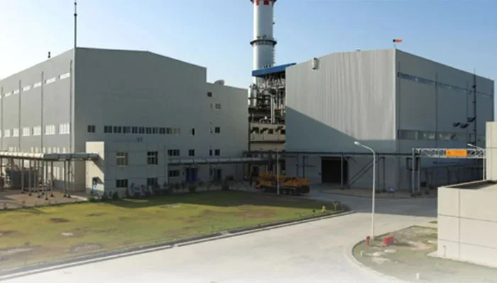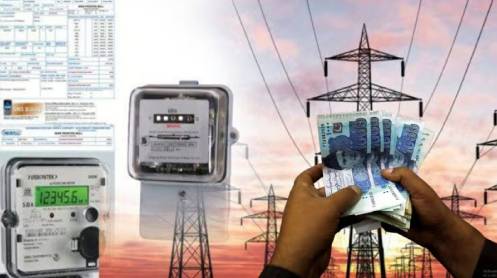A blanket removal of energy subsidies and tax reforms are inconsistent with the climate strategy of the International Monetary Fund (IMF) as the global lender claims to support favourable tax regimes and spending policies for climate-vulnerable countries.
Addressing a press conference on Wednesday, members of a coalition of civil society organisations working on the country’s energy transition to renewable sources said the IMF hasn’t yet taken concrete measures or provided specific assistance for countering the climate-change impact under its extended fund facility (EFF) loan programmes.
“The present climate emergency has not even been discussed in the recent talks,” said Alternative Law Collective Associate Zain Moulvi. “These toxic policy outcomes are the result of contradictory and self-defeating IMF structural adjustments and the distortive effects of its lending practices,” he added.
Rationalising both power and fuel subsidies are the main objectives, along with increasing taxation, under the pending seventh review of the EFF.
The government has already increased the prices of petroleum products by Rs30 a litre while the latest reports suggest electricity prices will also go up by Rs7 a unit from July 1.
Mr Moulvi said the removal of the subsidies will have “no positive impact” on the energy source profile since the renewables market stands “compromised”.
For example, under the tax reforms carried out in January, the then government withdrew exemptions on renewable technologies and imposed a 20 per cent tax on solar panels and wind turbines. That was in addition to a 12pc increase in sales tax for imported electric vehicles. Additionally, plants, machineries, installation products and other technologies related to renewables, such as inverters and batteries, have also been taxed, he added.
These tax reforms were undertaken to meet the IMF’s prior action conditions to enable the release of the next $1 billion tranche under the EFF programme following the sixth review.
He said the new tax regime has raised upfront capital requirements, leading to an increase in the overall renewable energy generation costs. As a result, users won’t opt out of the existing fuel-based arrangements, which defeats the key mechanism for reducing emissions.
Although the prime minister has announced the removal of the 17pc sales tax on solar panels, there’s still no road map for its implementation. Meanwhile, the tax on wind, electric vehicles and related technologies remains in place.
“The IMF board must ensure that the taxes on solar, wind and electric vehicles are withdrawn at the earliest,” he said.
He said the EFF loan conditions are up for a thorough renegotiation in the post-coronavirus economy. “The answer to cheap and accessible electricity lies in greater integration of renewables — solar and wind — and complete dissociation from oil and gas,” he said.





